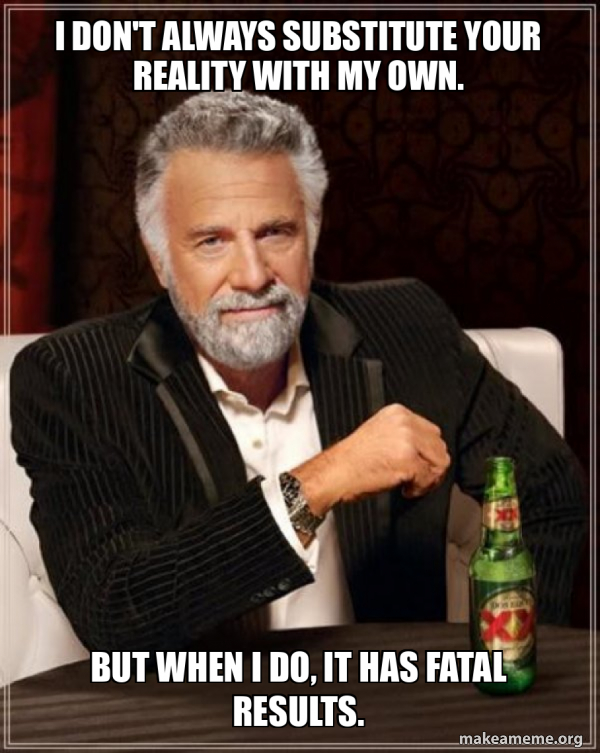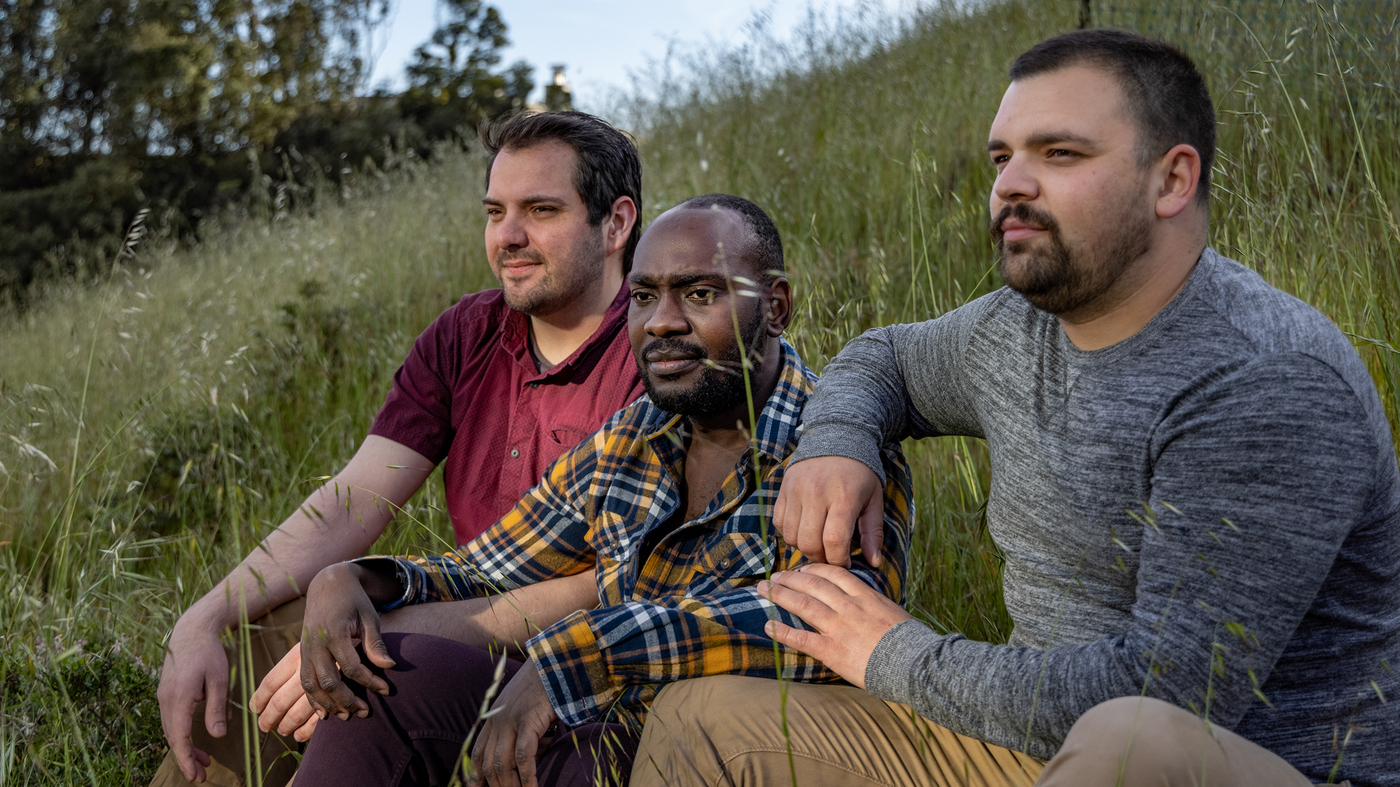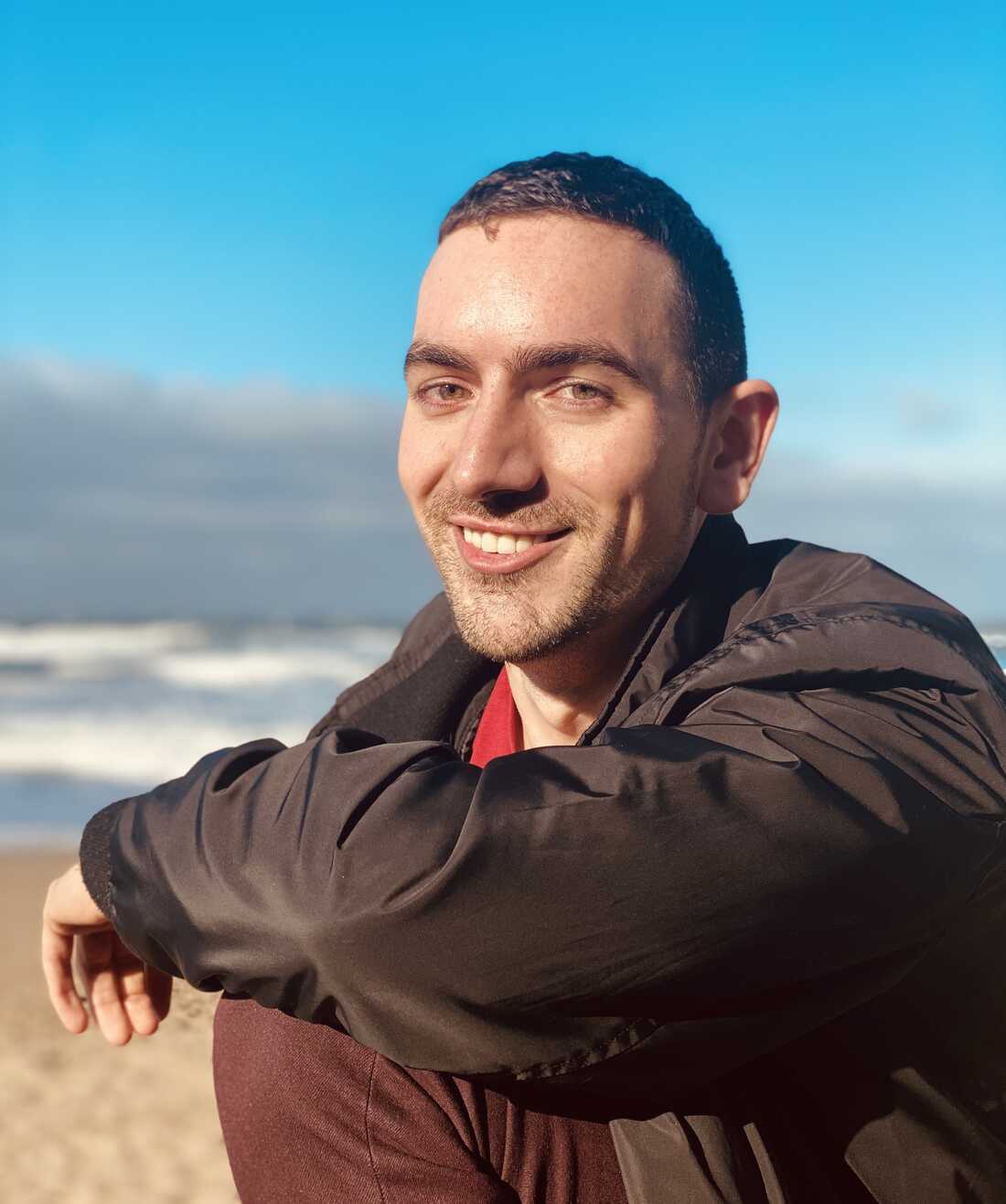I am, no surprise, a big fan of reality. I think I have a reasonable approximation of what reality is, mostly understood through the lens of the sciences. I learned early in my edumacation the key word is approximation. Always approaching a complete picture of life, the universe, and everything asymptotically. Zeno’s paradox is the best representation of to how I acquire understanding.
Not everyone is a fan of reality. I remember being amused back in the day by Adam Savage’s tag line of,”I reject your reality and substitute my own.” As a sci-fi guy who read a lot of alternative (complementary? integrative?) history, I thought it funny. But to a rather worrisome degree, it defines many people, except for the obvious (to me) fact that there are no other realities that can be slotted in at will.
I have often thought it should be reality-based medicine. In part, because the SCAM proponents use science, albeit, with a more Dr. Science kind of ineptness, to justify their practices, and in part it offers an easy opposite. What is the opposite of science-based medicine? The antonyms of science do not roll trippingly off the tongue, although I do kind of like witlessness-based medicine as an alternative to alternative medicine. But the opposite of reality? Fantasy-based, delusion-based, or fiction-based medicine sum the not-so-distinguished competition up so much better.
Denying reality has consequences. Few, rock climbers excepted, deny, say, the existence of gravity. Planes and bridges are not built using alternative ideas as to what constitutes gravity. The earth sucks, as an example, is not a workable construct for keeping a plane aloft.
Medicine seems particularly prone to people denying reality and substituting their own. It often doesn’t work out well. I saw many examples in my long and storied career. The first case was as a medical student doing my ER rotation. Guy came in weak with a low blood pressure and a very low hemoglobin (a measurement of how much red blood cells are in the circulation). A slow bleed, from a gastrointestinal cancer, was on the list of reasons, but taking off his shirt to listen to his lungs revealed a huge, mushroom-shaped melanoma that was oozing blood. He denied its existence. He was not the only patient I saw over the years who presented with huge, necrotic tumors whose presence were denied by the patient. Some were the size of dinner plates and the patient would say, nope, hadn’t noticed.
I have mentioned in the past the case that got me involved in SCAMs. I was called for a consult for a leg infection. Rather than an infection, it was a young female with a dead, rotting leg from a progressive sarcoma being very unsuccessfully treated by a naturopath. The tumor eroded that night into an artery and she died. ND. Not a Doctor.
I also saw many a patient who denied their AIDS diagnosis, refused care, progressed and died.
Note a pattern: reject medical









